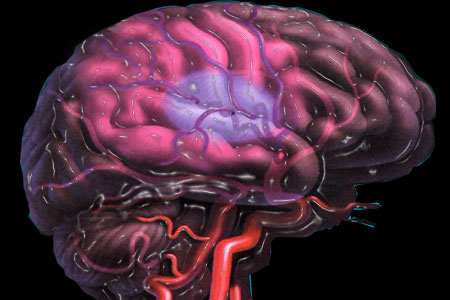Stroke/Post Module Quiz
What Have We Learned?
Post Module Quiz
1.) What are the two main types of stroke?
__________________________ _________________________
2.) Who is more likely to suffer a stroke? (Circle one answer)
a.) 65 year old female with hypertension
b.) 33 year old female on birth control
c.) 45 year old Afro American male
d.) All of the above
3.) What does F.A.S.T. stand for?
______________ ______________ _______________ _____________
4.) Name 3 tools used in the assessment of stroke.
a.)________________________________________
b.)________________________________________
c.)________________________________________
5.) Name 3 Joint Commission Primary Stroke Center performance measurements.
a.)________________________________________
b.)________________________________________
c.)________________________________________
6.) Name one of the most important aspects of nursing care for the TIA patient.
________________________________________
7.) What is the current window of opportunity to treat ischemic stroke with thrombolytics?
a.) 4.5 hours from last known 'normal'
b.) 2 days from last known 'normal'
c.) 3 hours from last known 'normal'
8.) What is the one most significant diagnostic test used to determine stroke?
a.) Blood draw results for PT/INR
b.) EKG
c.) CT
d.) Arterial blood gas
9.) When discharging a patient home from the hospital with new onset Atrial Fibrillation, teaching should include: (circle one answer only)
a.) Use of statin medications
b.) Use of Coumadin or Warfarin
c.) Smoking cessation and referrals for counseling
d.) All of the above
10.) When is the use of thrombolytics contraindicated? (circle all that apply)
a.) Patient presents within 1 hour of symptom onset and CT positive for intracranial hemorrhage.
b.) Patient presents after having awoke with facial droop and CT positive for ischemic stroke.
c.) Patient presents within 1 hour of symptom onset, CT positive for ischemic stroke with
history of GI bleed.
d.) Patient presents within 2 hours of symptom onset, CT positive for ischemic stroke.
